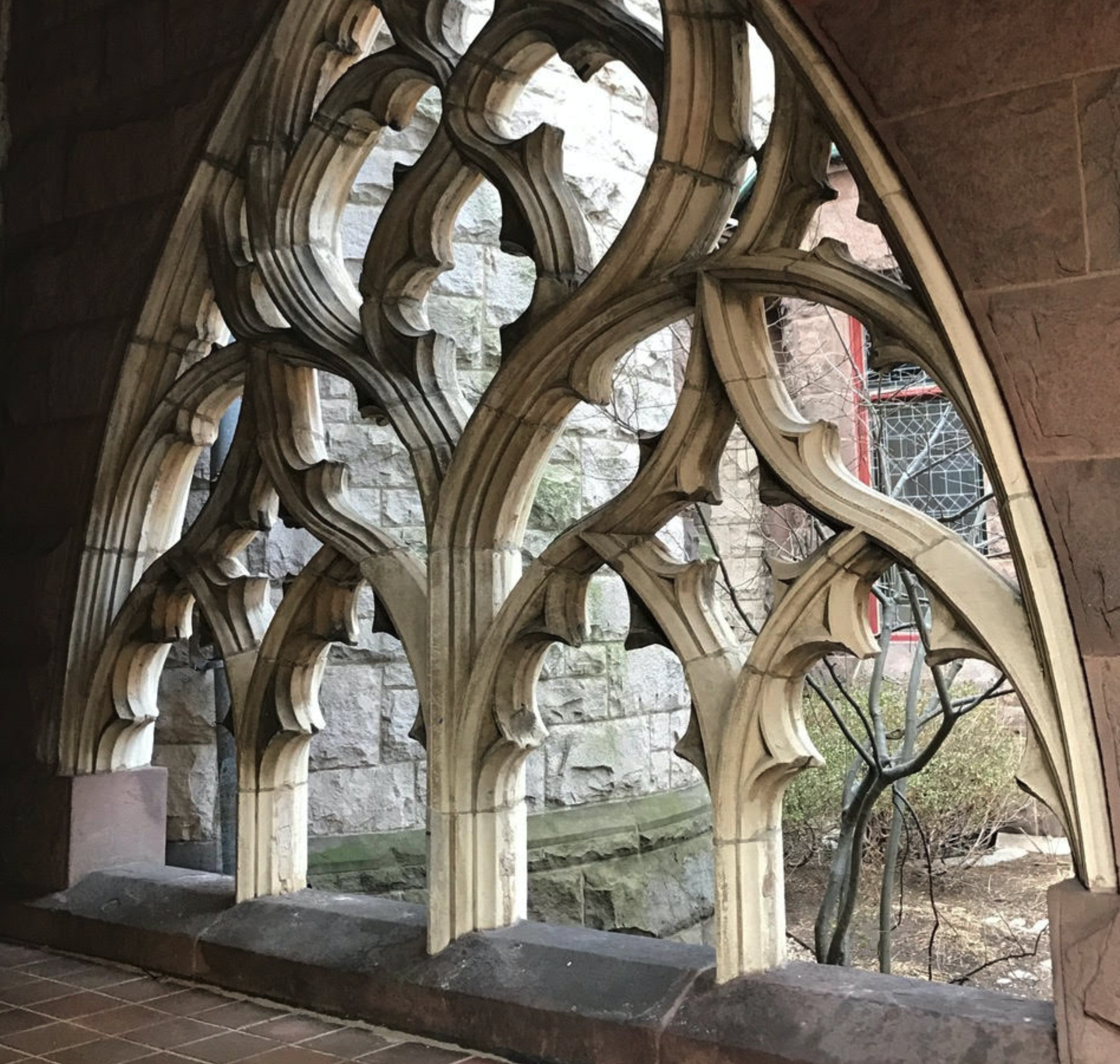
Learn
Prescriptions of the past: from our 2017 lecture series on medicine and mortality. Image: Wellcome Collection
PLUNGE INTO THE PAST with our fall lecture series.
Are you ready for a fascinating crash-course in New England history? We bring you the best every fall with our annual lecture series.
For two decades we’ve marked Boston’s founding in September, 1630, with lectures on new topics each year. We’ve delved into death and disease (click here for our 17th century medical glossary.) We’ve rescued the Puritans from their sex-hating reputation. With members of the Massachuset tribe, we’ve explored Boston before European settlement and colonization’s brutal consequences.
Join scholars and other experts in exploring the meaning of history. We think you’ll enjoy it. As one audience member told us, “What did I like? Everything. Just everything.”
THIS YEAR: “the common good”
In fall 2021, the Partnership looks at the concept of the common good. In a tightly knit community devoted to their congregations and mutual wellbeing, how did the Puritans define what was “good” and what was “common”? Who stood outside the group of people Puritans included in the common good? Who and what would be sacrificed in its name? What was a “common,” anyway? And how did Boston Common get its name?
Join us from September-October 2021 for a series of six thought-provoking, insightful lectures that will inform and entertain you on the topic of the common good and its paradoxes. We’ll be posting the series on our website - stay tuned.

“I LOVED HOW THE SPEAKER TIED THE PAST TO TODAY, AND MOVED BEYOND STEREOTYPES.”
attendee, fall lecture series
“Trimountaine shalbe called Boston.” Window tracery from Boston, Lincolnshire, in Trinity Church, Boston, Massachusetts. Photo: John Morrison
Why September 7?
We start our lecture series in September because September 7, 1630, is the day that Boston got its name.
New England’s Puritan settlers were masters of administration. Starting in England in 1628, the leaders of the future Massachusetts Bay Company kept meticulous minutes of their meetings as they planned their overseas venture. They agreed upon company officers and drew up shopping lists for the future migration. One list began with “Ministers,” before including the “patentt vnder seale” - that is, the charter granted by Charles I to found the colony - along with armor, weapons, and seeds for cherry, apple, and plum trees as well as wheat, potatoes, and flax.
The settlers’ enthusiasm for record-keeping on landing in Massachusetts remained undimmed. They met on September 7, 1630, in Charlestown, their first point of settlement. There they made a crucial decision: to name the new town Boston. “It is ordered,” the secretary recorded, “that Trimountaine shalbe called Boston; Mattapan, Dorchester; & the towne vpon Charles Ryver, Waterton.”
You can read the Massachusetts Bay colony minutes here - they are fascinating. You can also find out more about Boston, Massachusetts, and its roots in Boston, Lincolnshire, from these articles by two renowned historians.
17th century engraving depicting the figure of “Fancie,” or imagination, by an unknown artist. Image: Wellcome Collection
Past lecture series
2020 Recognizing the 400th Year: How We Got Here
2019 Puritan Primetime: Politics, Faith, Children and Money in 17th Century Boston
2018 From Theology to Commerce: The Evolution of Massachusetts Bay Colony in the Puritan Era
2017 Medicine and Mortality in 17th Century Boston
2016 Passionate Puritans: Marriage, Love, and Sex in 17th Century Massachusetts
2015 Food and Drink in Early Boston
2014 Survival: Boston 1630
2013 Crime and Punishment in Early Massachusetts
2012 Stirring the Pot: Women in Early Massachusetts
2011 Built in the Massachusetts Bay Colony: 17th Century Architecture Adapted to the New World
2010 Education: Enduring Legacies from Massachusetts
2009 Breaking Away: Evolution of Governance in the Massachusetts Bay Colony
2008 The Story of the Massachuseuk: In the Time Before Now
2007 Treasures of the Mass Bay Colony
2006 Boston’s Cultural Continuities and Changes Since 1630
2005 Shared Legacies: The Founding Generations Tell Their Stories: Massachusetts Bay Colony, 1630-1710
2004 Boston on Display: The Founding Generation
2003 The Environment
2002 Learning Today from the Lessons of the Past
2001 First Boston Charter Day following Governor Jane Swift’s proclaiming September 7 as Boston Charter Day



